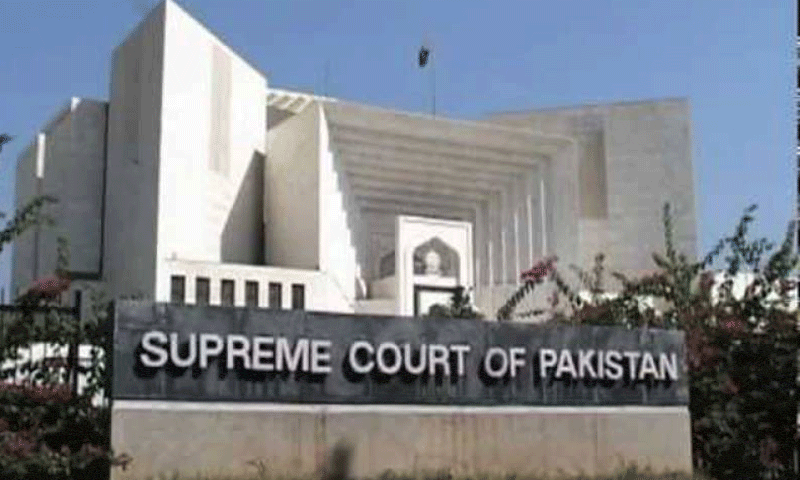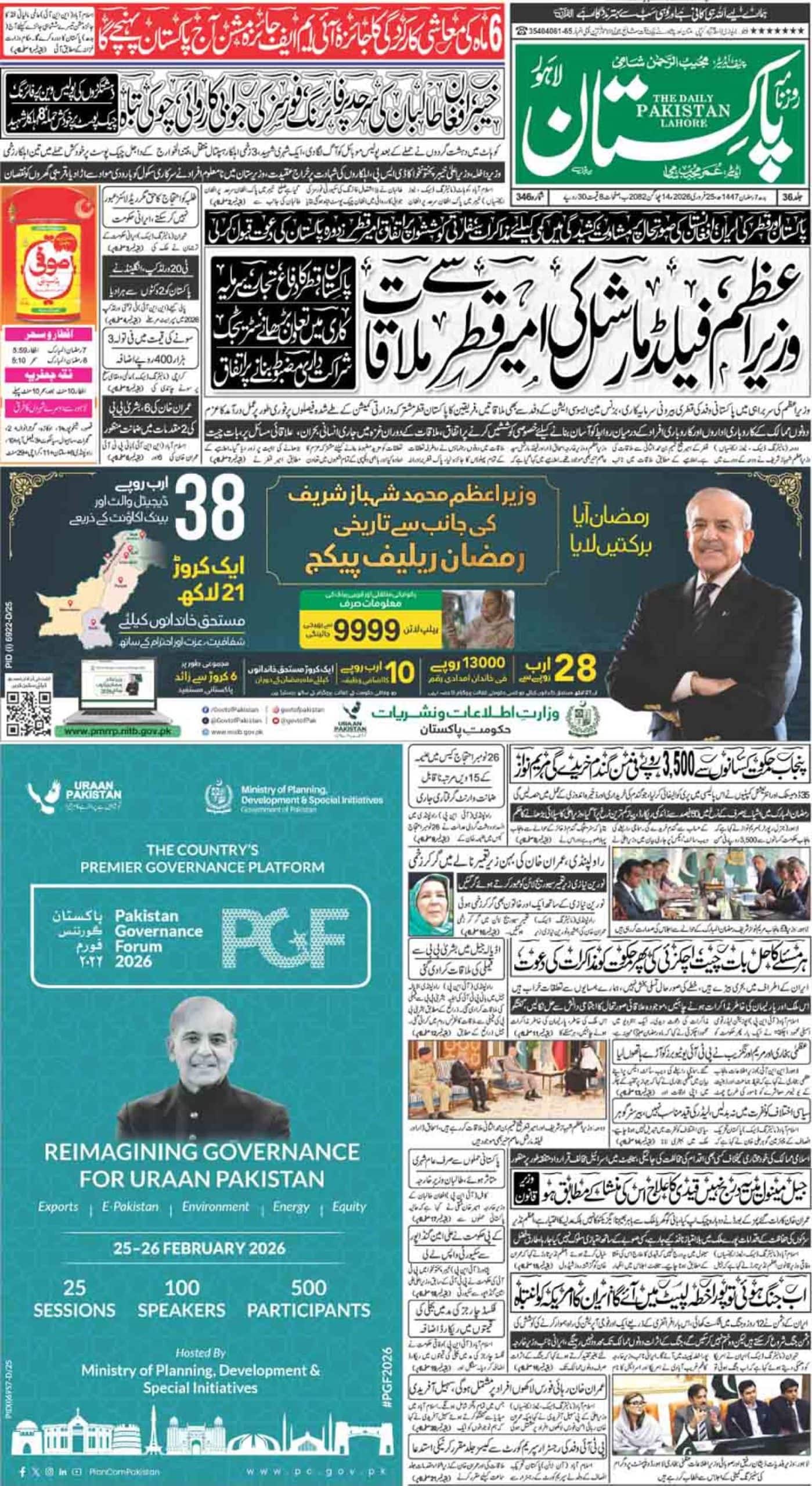ISLAMABAD – The judiciary of Pakistan, which seems much active with the appointment of Mian Saqib Nisar as the chief justice of Pakistan, is stepping into new Judicial Year (2018-19) today with various challenges.
A ceremony, in this regard, was held in the federal capital which will be attended by CJP Nisar, Attorney General Anwar Mansoor Khan, members of bar councils and others.
Addressing the ceremony, the chief justice said: “We need to set high goal in the new Judicial Year,” besides vowing to ensure rule of law and transperancy in the country. Pakistan has distracted from the vision of founder of Pakistan.
Talking about the Supreme Court’s efforts for dams, he said that the apex court wanted to shift the focus of the government to build the dams. He thanked the public for giving warm response over his call for funds.
“We have to work to plug loopholes in judicial system in order to dispense justice,” the top judge said, adding that the apex court works for the security of the basic human rights.
A major challenge for the supreme judiciary is the backlog of pending cases which have been recorded at 40,540 by August 15. In 2013, there were 20,480 pending cases with the apex court and now the backlog has doubled.
During the tenure of Justice Nisar only, around 8,000 more cases have piled up on the top of already pending cases.
There are 9,368 civil cases are pending with the apex court at its different registries, including Karachi, Lahore, Peshawar, and Quetta.
When it comes to constitutional cases, around 19,374 petitions are awaiting justice, while 2,249 jail petitions are yet to be decided by the top court of Pakistan.
Similarly, 39 suo motu cases and 274 cases pertaining to basic human rights are also pending with the court, the official data said.
Latest figures show the Supreme Court received 682 new cases during August 1 to 15, 2018; 375 in Islamabad, 49 Karachi Registry, 181 Lahore Registry, 60 Peshawar Registry and 17 cases in Quetta. During this period, the apex court decided 526 cases.
The outgoing judicial year observed stunning verdicts and activism by the chief justice. The CJP not only decided public interest cases but also paid visits to hospitals for inspections.
The last year proved toughest for the politicians, especially those are associated with the Pakistan Muslim League-Nawaz (PML-N). The top court disqualified former prime minister Nawaz Sharif in 2017 for concealing assets, one of the landmark judgments.
The Pakistan Tehreek-e-Insaf (PTI) also faced the toughest verdict under which its key leader Jahangir Tareen was disqualified for not declaring assets.
The top court also interpreted Article 62(1)(f) of the Constitution in the previous judicial year. Justice Sheikh Azmat Saeed in a judgement ruled that the SC could take suo motu notices to examine the qualifications of lawmakers under the said Article.
As per the statistics of the Law and Justice Commission of Pakistan (LJCP), there were 293,947 cases pending with the five high courts and 1,869,886 cases with the subordinate judiciary of the four provinces and the federal capital by January 2018.














